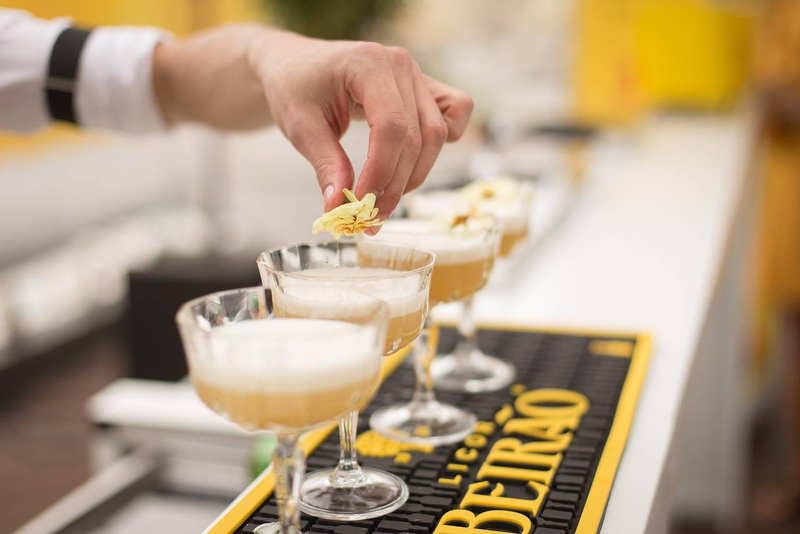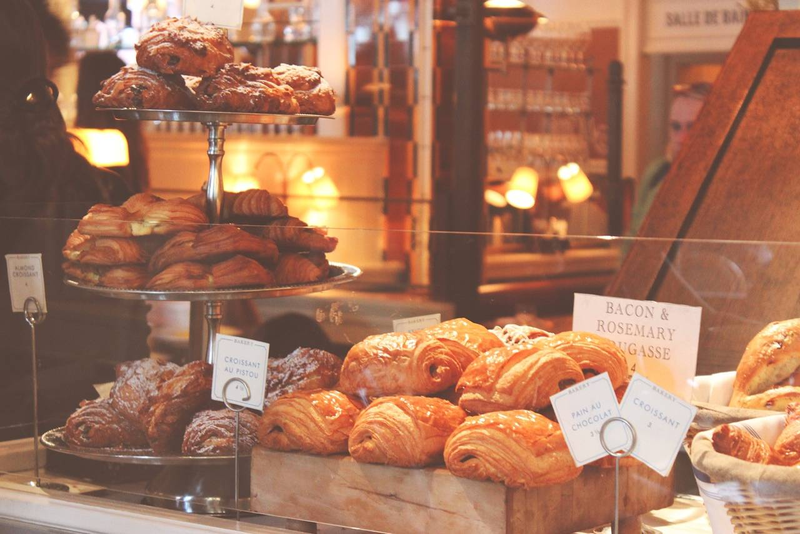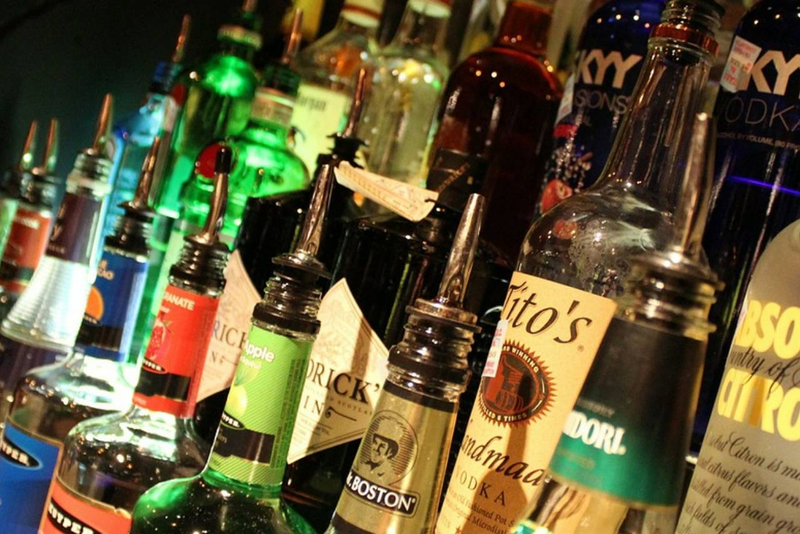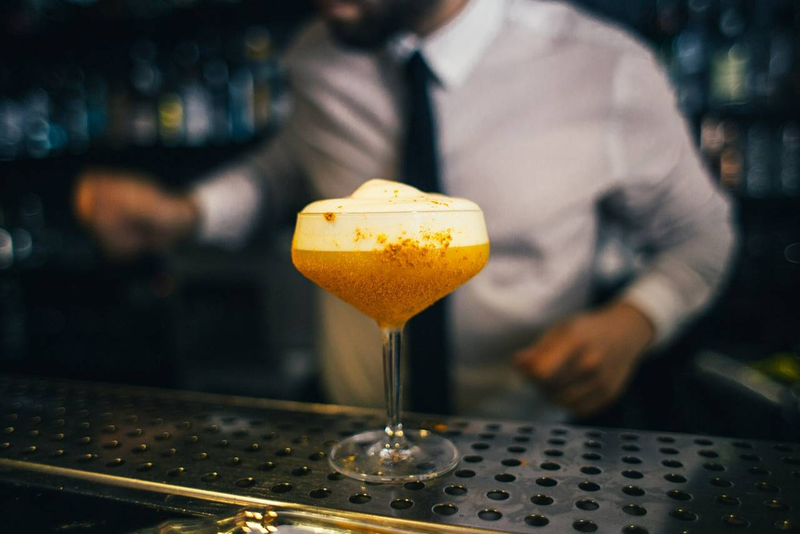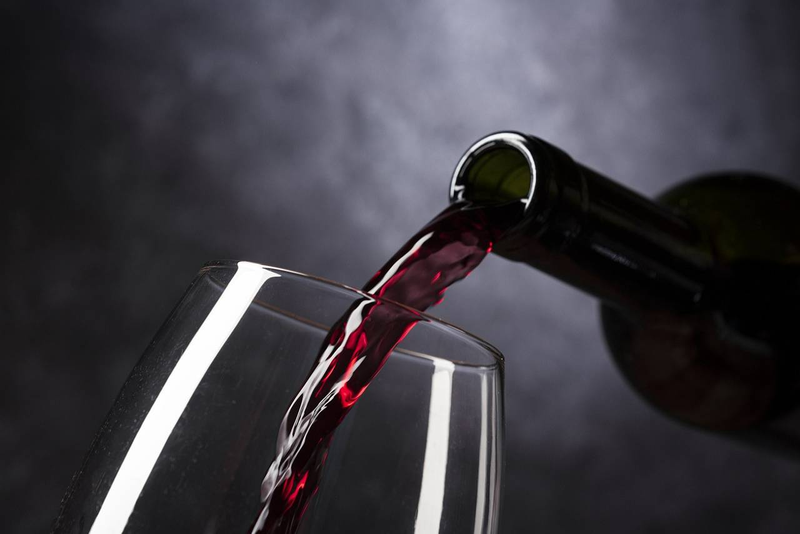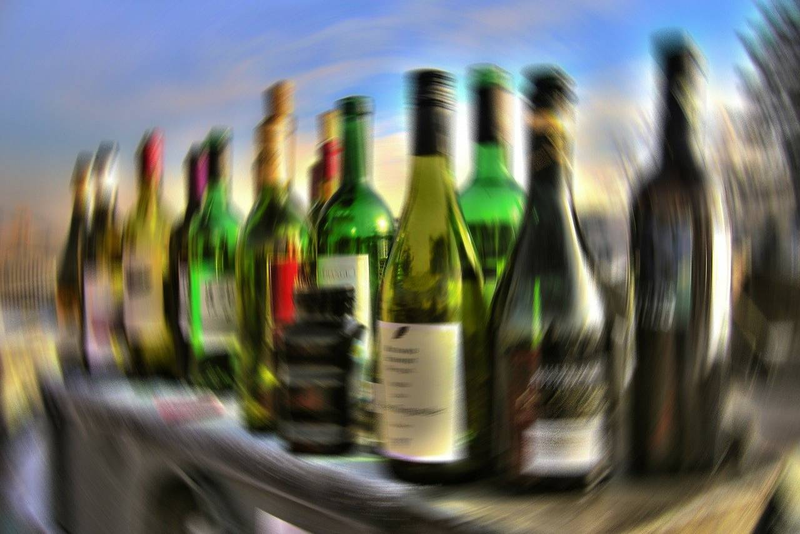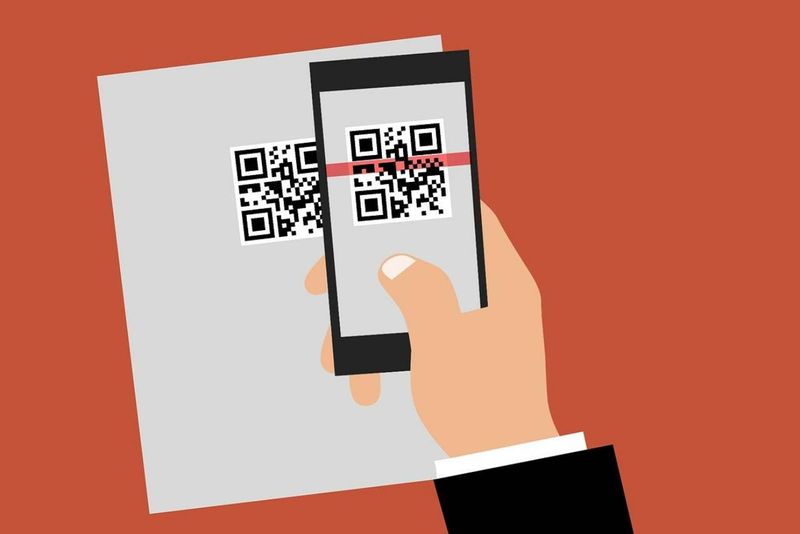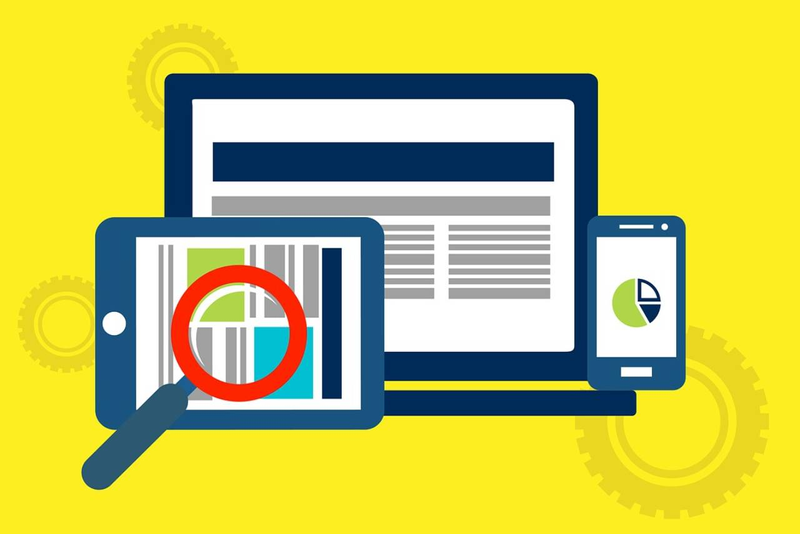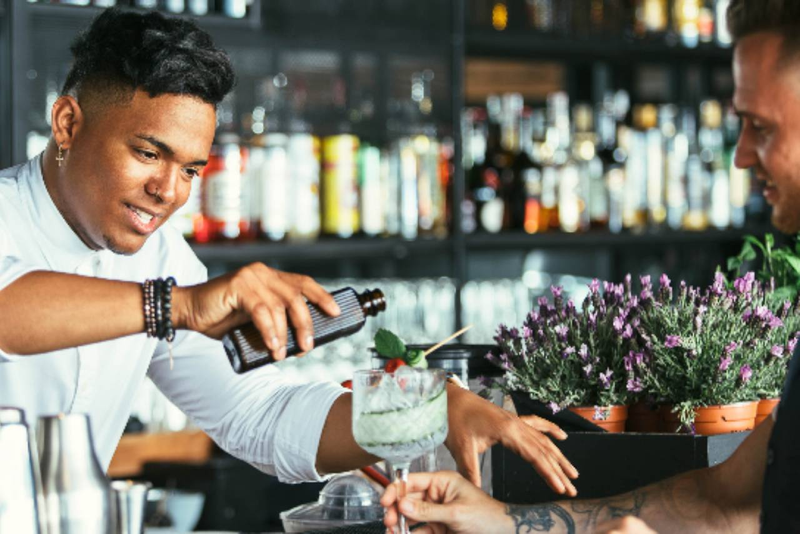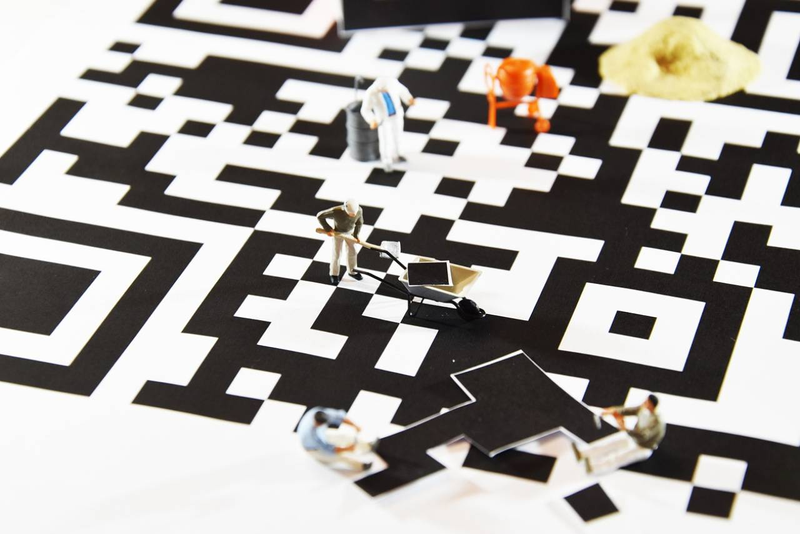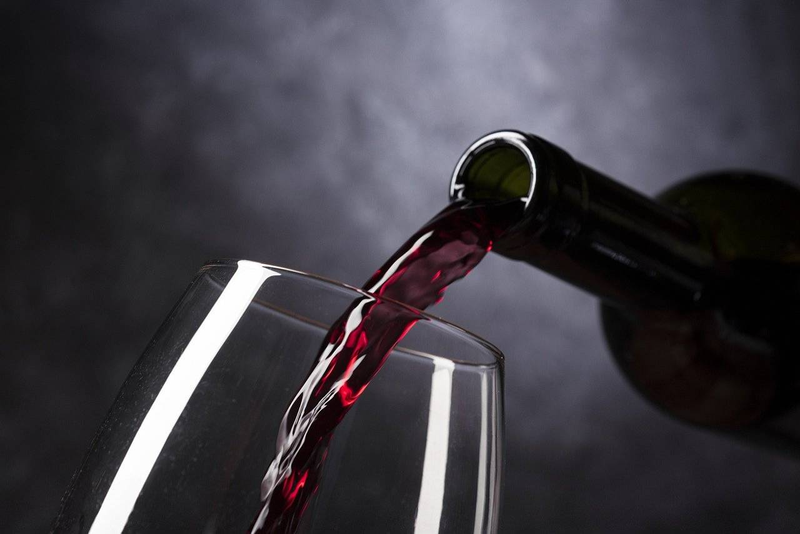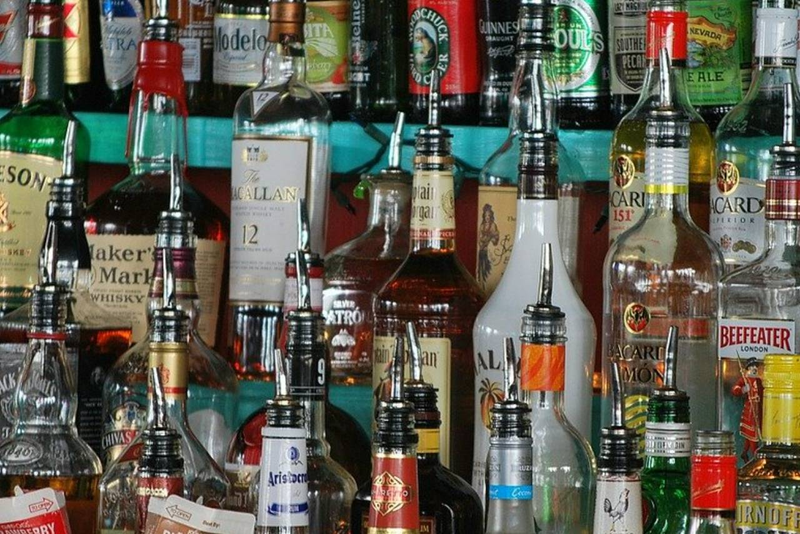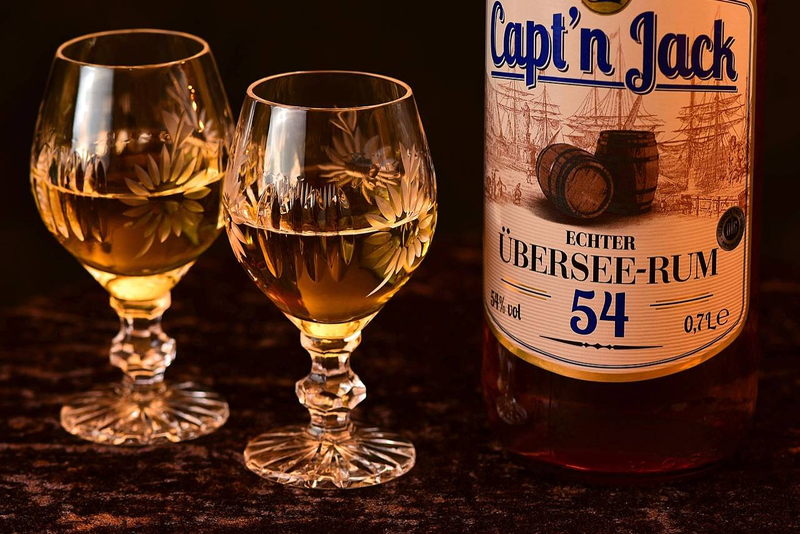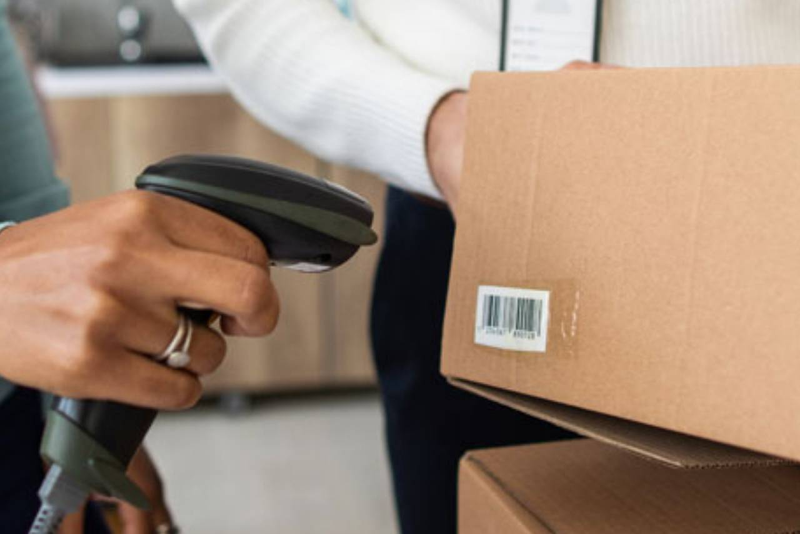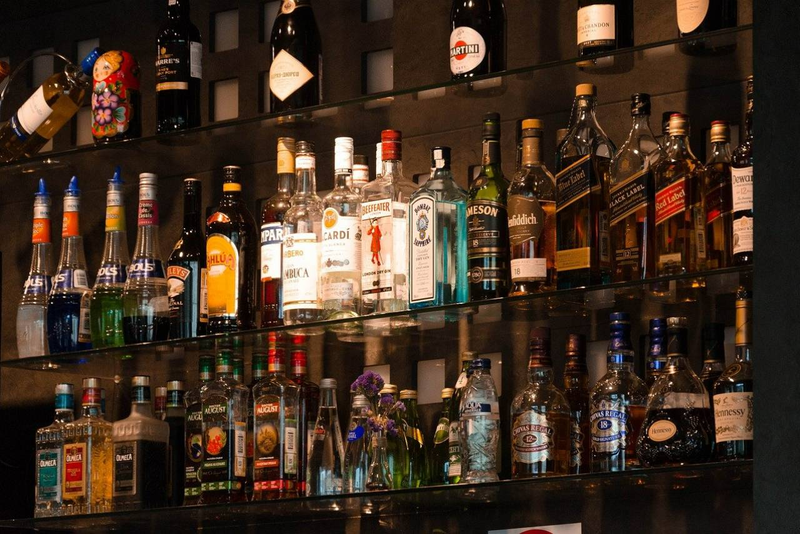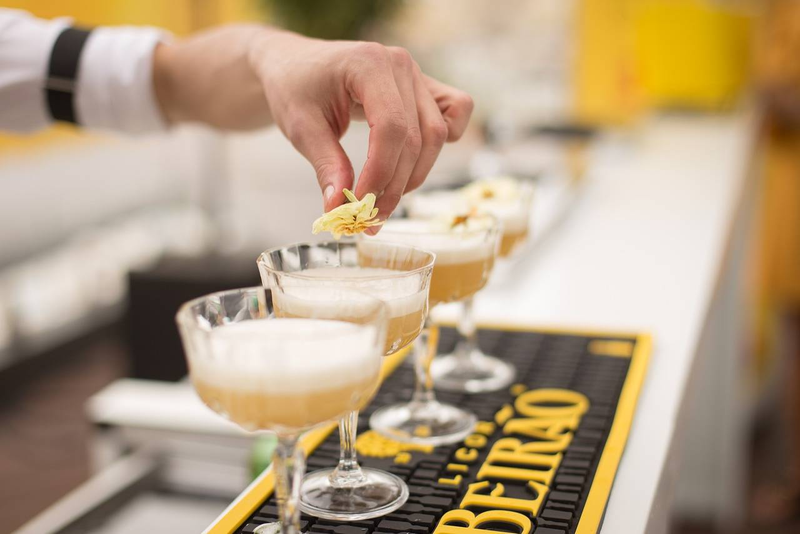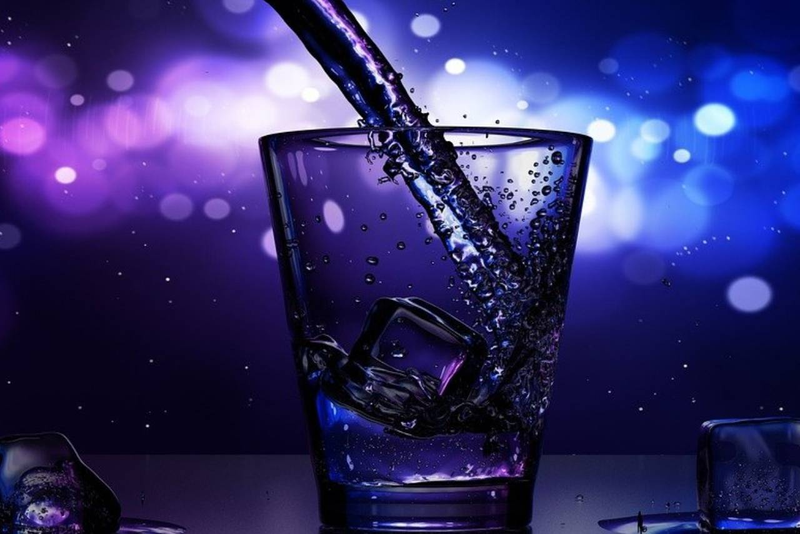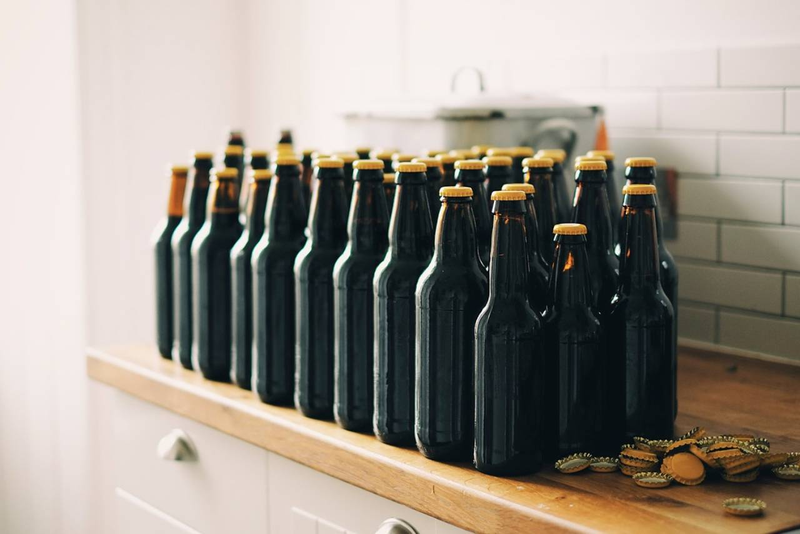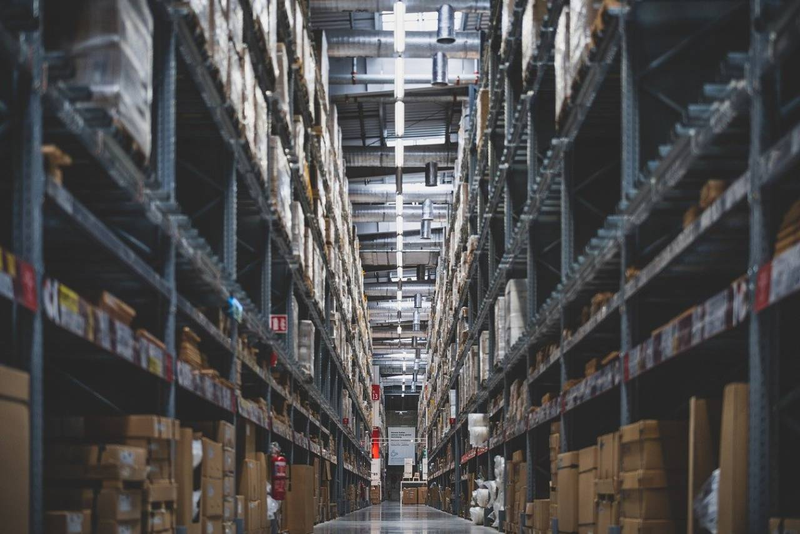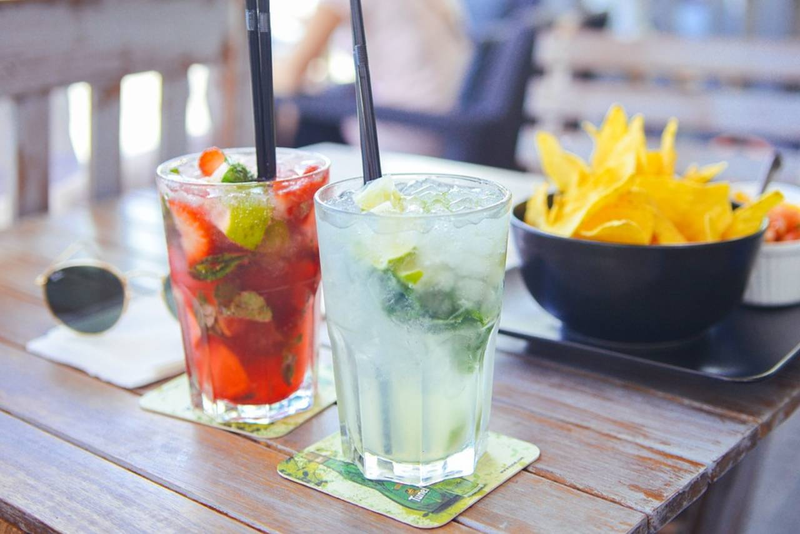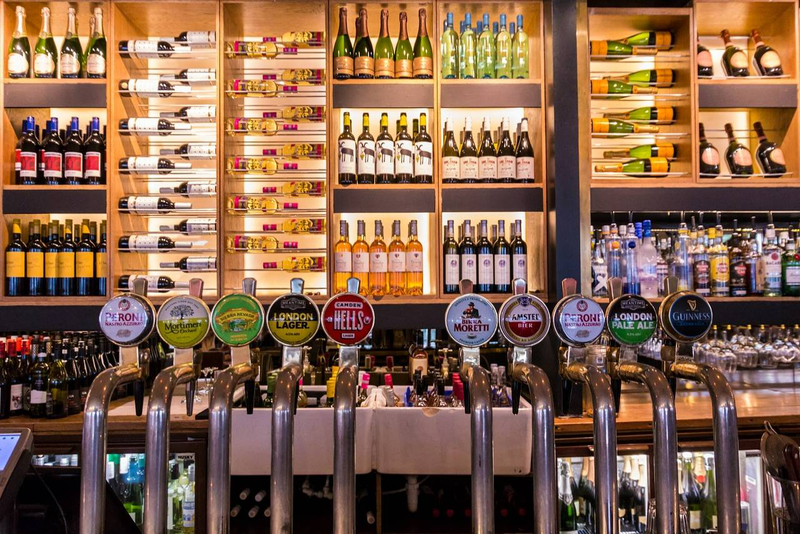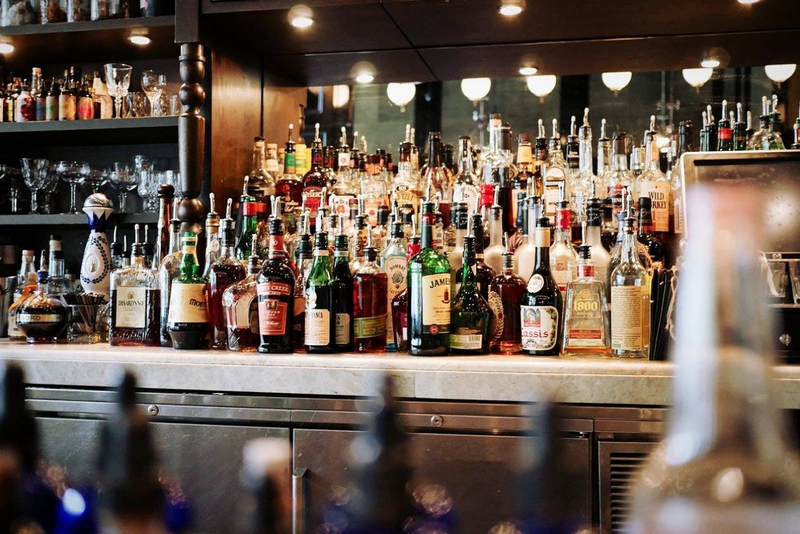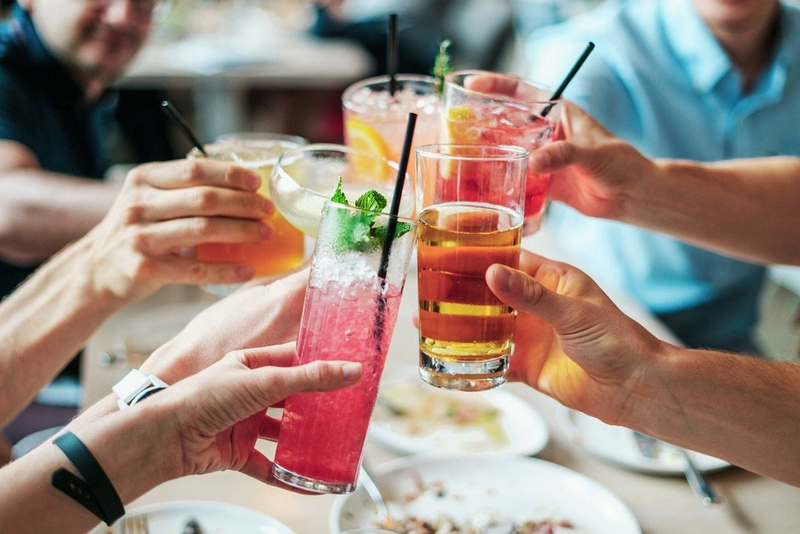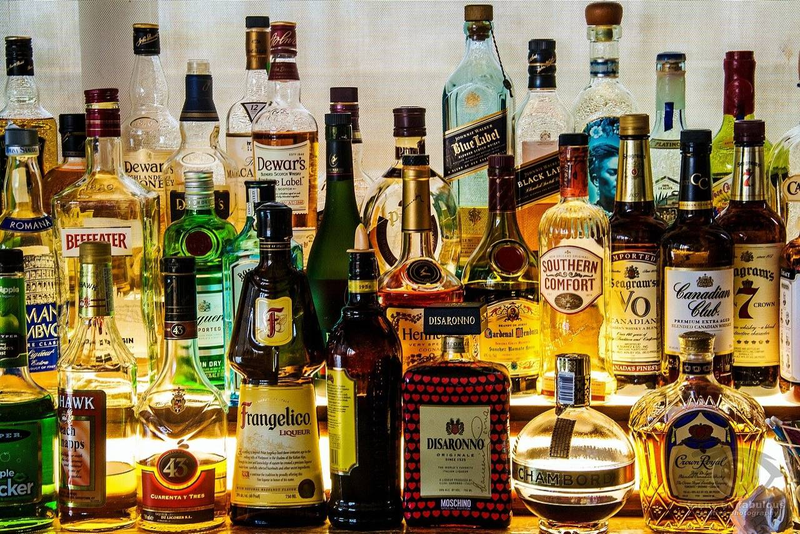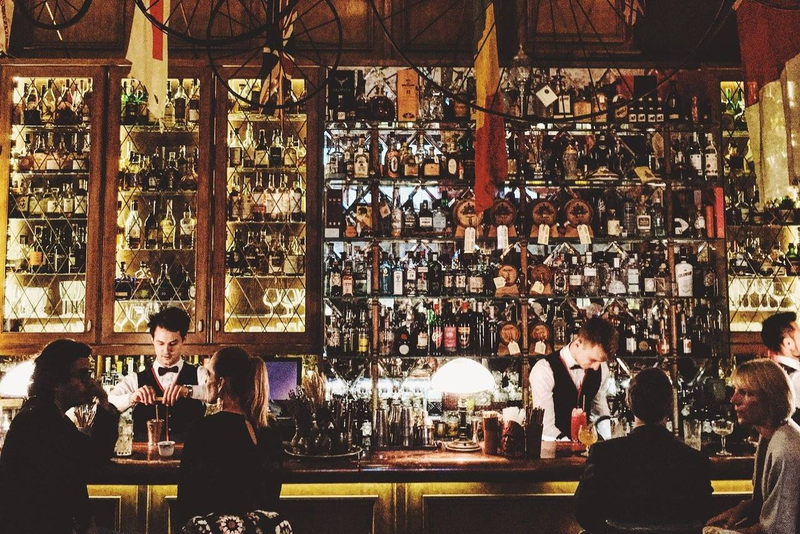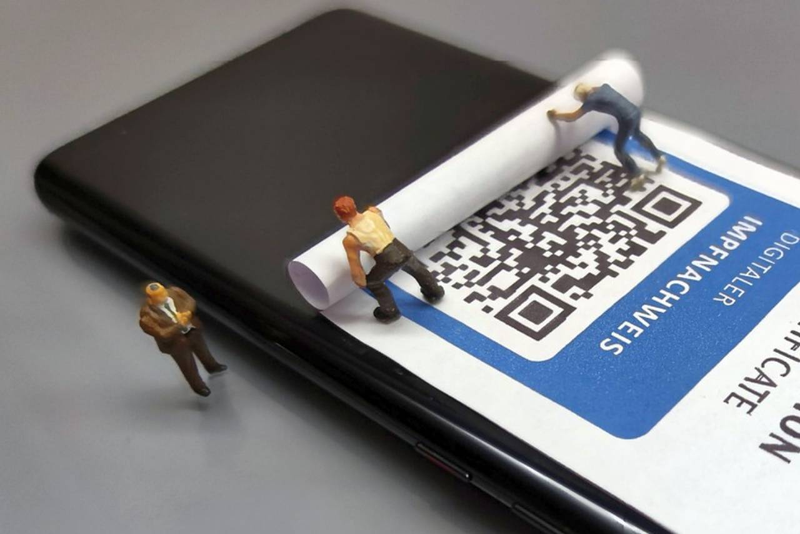What is alcohol controls ?
States exercising monopoly over manufacture, distribution and sale of liquor are called liquor controls
What Alcohol Controls States Exist And That You Need To Know About
What Are Alcohol Controls?
United States is classified into two categories when it comes to alcohol policy . The first includes the states where the local government is authorized to control manufacture, storage, distribution and sale of liquor. These are called Alcoholic beverage control states (ABC) .
The other category delegates the control regarding liquor manufacture and sale on the private retailers. These are known as Free states. Here the free market determines the liquor price.
Why Do Alcohol Controls Exist?
1. Public health -
In Alcoholic beverage control states, the government exercises full control over the manufacture and sale of liquor to attain a society free from alcoholism. It decides who can sell liquor, where, at what time and at how much. This not only limits alcohol use in the society but also keeps a tight control over underage drinking.
In some of the ABC states like Alabama or Pennsylvania, only state-run or government-licensed stores are allowed to sell distilled spirits or hard liquor like whiskey and rum. Though, most of them have allowed supermarkets and convenience stores to sell beer, wine and those kinds of drinks. The idea is to restrict the public access to especially hard liquor or ones with higher Alcohol by Volume percentage (ABV).
Similarly, the beverage control states decide the timings at which these liquor stores can operate. In some states, these stores are allowed to open only for limited hours on weekends. While in some places they are completely shut on federal holidays.
In Bible Belt states like Alabama, state run alcohol stores are only allowed to open for a few hours on the day of Sabbath.
In some states like North Carolina, marketing initiative on drinks like buy two get one free' or get free drink with a meal' are banned in restaurants. Usually, teenagers find such offers quite attractive and fall for it. So a ban on drink discounts help to keep underage drinking in check.
These tight measures dictate what alcohol beverages you can buy from where and when. Government's policy of a limited public access, thus, helps to control alcohol consumption.
2. Revenue
Liquor business has a handsome profit margin. So, state-run stores earn revenue for the respective state. The local government can use this money to provide better education and health facilities to the residents at a reasonable cost.

Looking for the best way to manage Bar Inventory?
We got you covered
What Do Alcohol Controls Accomplish?
1. Improved public health
2. Tight control over underage drinking
3. Crime under check
4. Alcoholism-free society
5. Higher revenue
We have facts to back our claims.
The survey report, published by Alcohol Justice -- an independently incorporated and a public charity organization in 2014, states the following-
- In Alcoholic beverage control states, residents consume 14% less spirits and 7% less total alcohol than those of non-control states like California or New York.
- States exercising monopoly over liquor or control alcohol retailing witness a lower prevalence of drinking and binge drinking in 12 to 25 age group.
- In States with monopoly on beer wine and spirits retail sales-
- Around 15% lesser higher school students had reported alcohol consumption in 30 days.
- 9% lesser people below 21 years old died due to alcohol-impaired driving.
- Around 45 deaths a year could be prevented by states exercising monopolies over alcohol use / sales.
- Monopolies of both wine and spirits sales reduced consumption more than monopoly control over spirits alone
- Control state programs generated millions of dollars in annual revenue for state programs.
Which States Have Alcohol Controls?
There are 17 Alcoholic Beverage Control states. They are-
Alabama, Idaho, Iowa, Maine, Michigan, Mississippi, Montana, New Hampshire, North Carolina, Ohio, Oregon, Pennsylvania, Utah, Vermont, West Virginia, and Wyoming
These Alcoholic Beverage Control states (ABC states) are further classified into two-
A. States that control all the liquor stores-
Alabama
Idaho
New Hampshire
North Carolina
Pennsylvania
Utah
Virginia
B. State that control distribution to private businessmen or retailers- Rest of the ABC states
Alcohol Control State 1- Utah
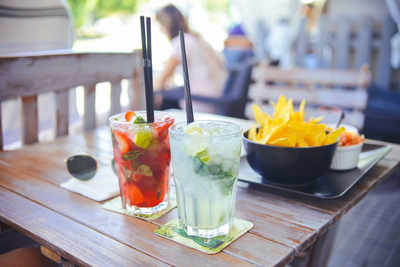
1. Utah is one of the strictest beverage control states. As per National Alcohol Beverage Control Association, the government controls everything from the manufacture of liquor to sales and licensing.
2. In 2019, Utah finally repealed the 86-year-old law that allowed convenience stores to sell beer of only up to 3.2% ABV, raising the limit to 5%.
3. Here, distilled spirits like rum, whiskey, or vodka can only be found in only and only liquor stores. And so can beer above 5% ABV.
One of the most frequently asked questions- Does Utah still mandate Zion Curtains?
Well, till a few years ago bars and restaurants' drinking sections were mandated to put Zion Curtains. These curtains were a concrete partition on the drinking station that prevented customers, especially children from seeing how drinks were prepared. Consequently, keeping alcohol use, Liquor Control, and underage in check
In 2017, most of the Zion Curtains were pulled off after the reform of Liquor Laws.

Looking for the best way to manage Bar Inventory?
We got you covered
Alcohol Control State 2- Alabama
1. Another Bible Belt state in the list of Alcoholic Beverage Control states. The state controls both Wholesale Liquor and retail distribution of liquor and keeps strict eye on alcohol consumption .
2. Has state-run liquor stores or on-premises establishments with special off-premise license as stated by Alabama Alcoholic Beverage Control Board. Beer wine can be sold in supermarkets
3. Recently in May 2021, Governor Kay Ivey tweaked the state's alcohol policy and passed the bill to allow wine delivery via mail. The bill will allow wineries to obtain direct license from Alcoholic Beverage Control Board to ship the wine orders to residents aged 21 or above.
4. It is frequently asked if liquor shops are shut on Sabbatha religious day observed by Jewish on between Friday and Saturday. Christians observe it on Sunday. State-run stores, where usually hard liquor is sold, operate but only for limited hours on this day.
Alcohol Control State 3- New Hampshire
In New Hampshire, you can easily get beer wine at supermarkets or convenience stores . Distilled liquor like rum, whiskey is sold only at state-run liquor stores.
Did you know?
Ellsworth, in Grafton county in New Hampshire, is a dry town, i.e its completely prohibits sale of any alcohol beverage . No, not even beer wine is allowed.
States exercising monopolies also keep Liquor Cost in check.
To know more about bar inventory management, click on- Controls Internal , Inventory Control


